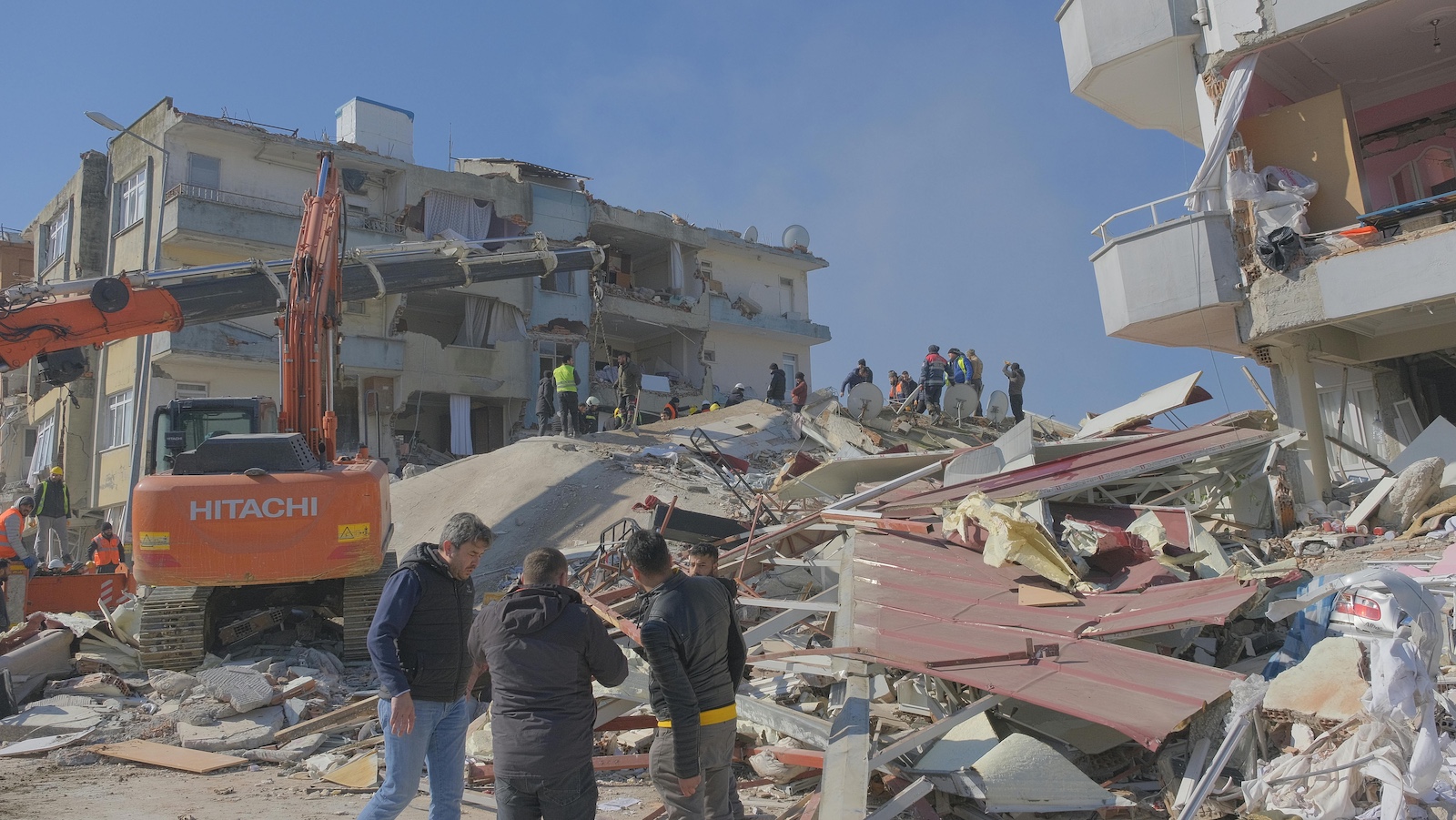It now seems clear that practically no issue will be left unaffected by the impending presidential election, including matters pertaining to insurance. And while health insurance has been the most dominant political talking point, the November election may also have consequences for certain aspects of liability insurance. To be sure, neither President Trump nor former Vice President Biden has made liability insurance part of their explicit campaign platforms, but some analysts believe the liability landscape may be altered by the winner in myriad implicit ways.
There is a big question about whether a new stimulus bill will include substantial liability protections for businesses that were harmed during the COVID pandemic, that have concerns about employees returning to work or that want to guard against lawsuits from customers and workers exposed to the virus. Dozens of state and federal officials have proposed reforms that would give employers additional protections from liability related to COVID, but it’s all still up in the air both locally and nationally.
Washington, D.C. Republicans—including President Trump—have been steadfast in their effort to include liability protections in the next stimulus bill, although the details are vague. As recently as Oct. 6, U.S. Treasury Secretary Steve Mnuchin proposed a $1.6 trillion stimulus package that would include $250 billion in state and local government relief as well as liability protections for businesses and workers, but a deal has not yet been struck with House Speaker Nancy Pelosi as Democrats continue to push back on several components, including those related to liability protection.
At the core of this issue is whether businesses, and even schools, will be given additional legal and financial protections against liability lawsuits resulting from COVID. By and large, Republicans evidently want to restrict a potential flood of COVID lawsuits against businesses. Otherwise, they believe that entities like businesses and schools and hospitals will see a wave of frivolous litigation that could further damage their ability to operate and that could harm the economy writ large.
Recognizing that liability protections may end up on the cutting room floor in stimulus negotiations, Senators Mitch McConnell (R-KY) and John Cornyn (R-TX) introduced the Safeguarding America’s Frontline Employees to Offer Work Opportunities Required to Kickstart the Economy Act, also known as the SAFE TO WORK Act, in late September. The bill includes a host of provisions that would make it much more difficult for plaintiffs to sue for injuries related to COVID infection.
In other words, a second term for President Trump will likely result in a more restrictive liability landscape, while a Biden presidency could find entities such as businesses, schools and healthcare facilities more vulnerable to liability suits.
See also: 5 Liability Loss Mega Trends
The problem, especially for small businesses right now, is this state of limbo, where they don’t know how this is all going to pan out. If liability protections aren’t pushed forward, either in the next stimulus or through SAFE TO WORK, businesses will most likely have to increase their liability insurance limits. But, according to analysts, they’re not going to spend that money until it becomes clear it’s absolutely necessary.








